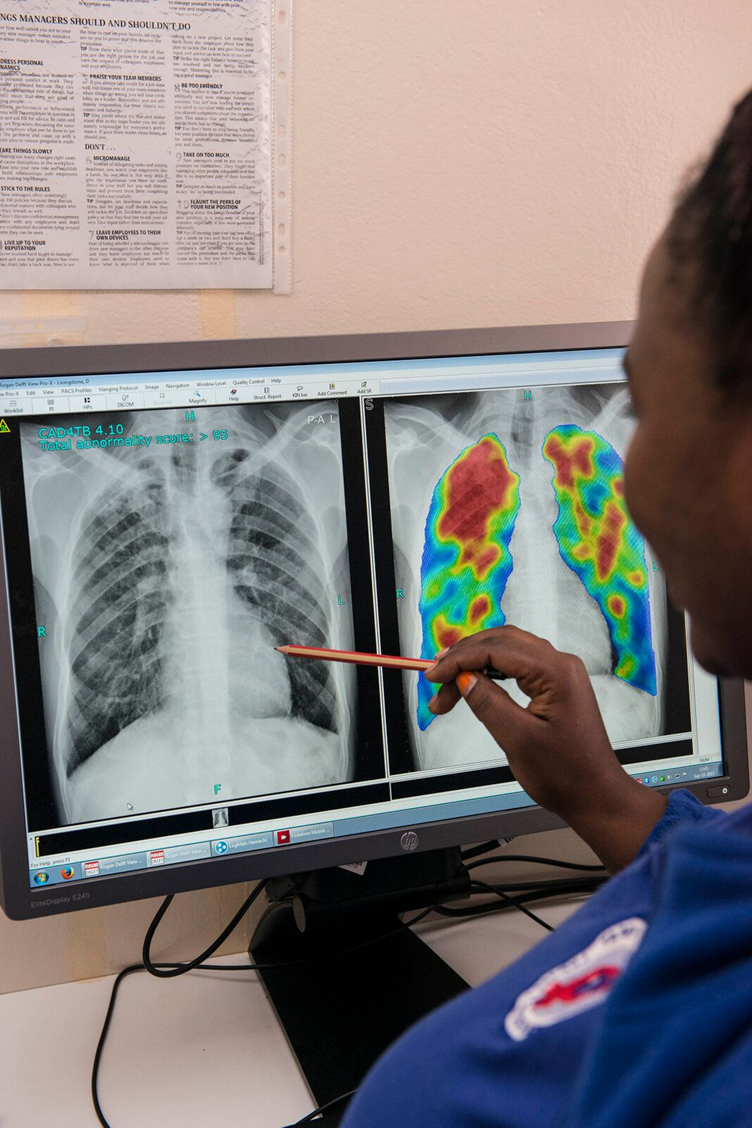Partner Spotlight: Delft Imaging
Delft Imaging is a social impact company that leverages imaging technologies (X-ray and ultrasound) and artificial intelligence to improve lung health and address pregnancy-related health risks. Active in 85 countries, primarily in low- and middle-income settings across Sub-Saharan Africa, Latin America, Southeast Asia, and the Middle East, the company contributes to strengthening health systems worldwide.
Our Story
For more than a decade, Delft Imaging has worked to deliver solutions that increase access to quality healthcare in resource-constrained environments. Its innovations help reduce the burden of infectious diseases such as tuberculosis and improve maternal health outcomes through advanced screening and diagnostic tools.
The organisation’s work is rooted in impact: ensuring that life-saving technologies are not just developed, but also implemented where they are needed most.
Role of TFHC
“Our solutions are primarily implemented in public healthcare settings, which requires close collaboration with Ministries of Health. For many years, we have joined TFHC-organised Health Missions around the globe. These missions have been instrumental in opening doors, connecting us with key decision-makers, increasing our visibility, and enabling us to launch our first projects in several countries.”
Results & Next Steps
Since 2018, Delft Imaging has participated in Health Missions to Indonesia, one of the countries with the world’s highest burden of tuberculosis. In 2020, the company signed an agreement with the Ministry of Health to demonstrate the impact of its tuberculosis screening solution. Since then, more than 1 million screenings have been conducted across both public and private healthcare sectors.
In June 2025, Delft Imaging renewed its agreement with the Indonesian Ministry of Health, reinforcing its commitment to support the government’s mission to eliminate tuberculosis, one of Indonesia’s top health priorities for the years ahead.




